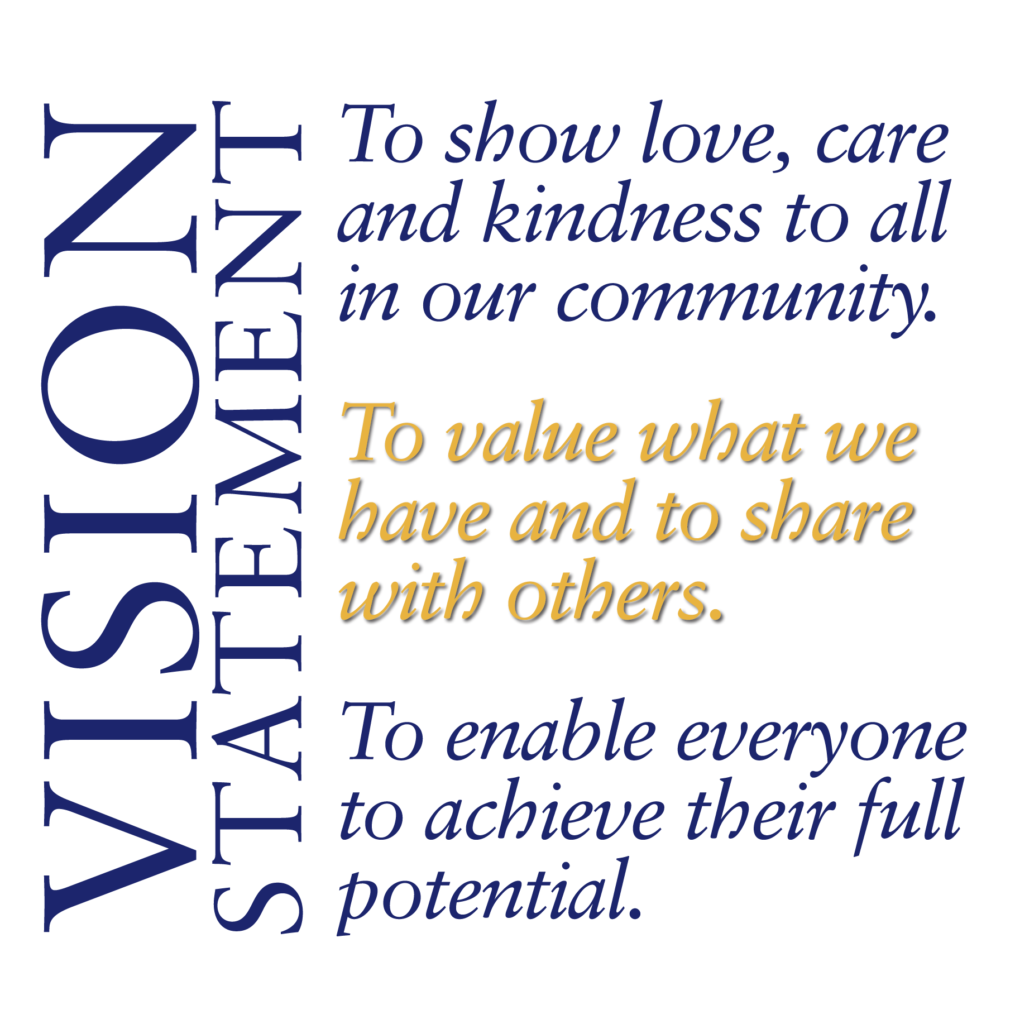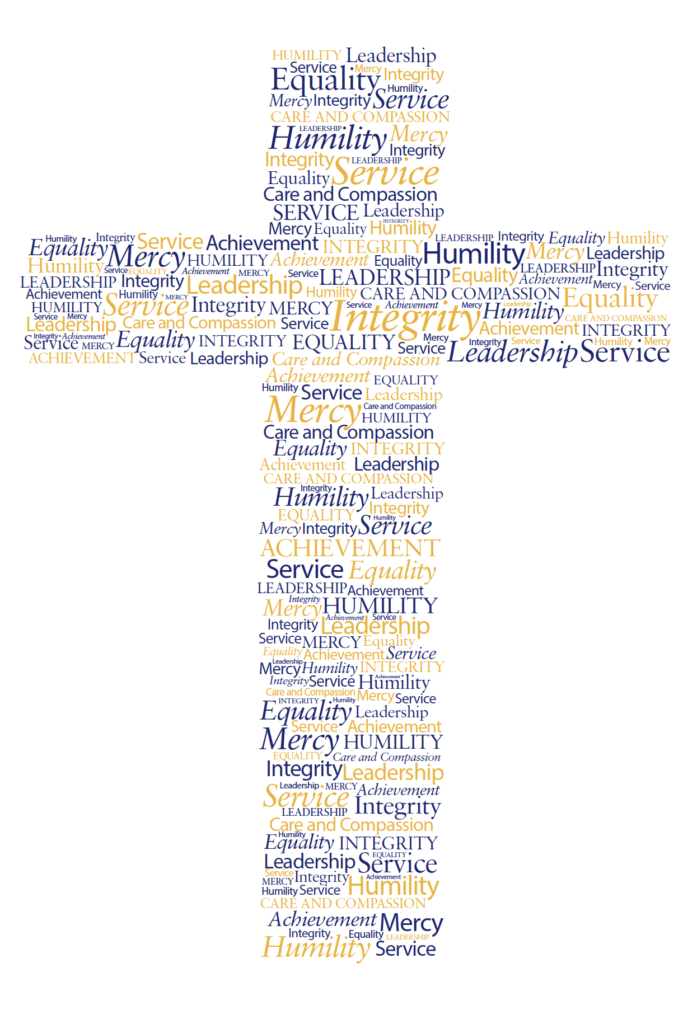As a Church of England school, we follow the teachings of Christ and the ethos of the school is at the heart of our teaching and learning. We encourage and develop both Christian and moral values. Our core aim is to instil values of mercy, integrity, care and compassion, humility, equality, achievement, leadership, and service, all bound within a spirit of Christian love and action.
At St Michael’s, we encourage character development through a variety of activities and events. Some experiences act as a ‘window’. These give students opportunities to become aware of the world and themselves in new ways. Other events act as ‘mirrors’, which give our students opportunities to reflect and meditate on characteristics we deem valuable to attain and embed into our life. Some of the ways that we develop a strong sense of virtue include:
- Ensuring regular times of reflection – this is mainly done through form time and may include discussion on local and global events, questions on ethical decisions we face as people from time to time and prayer as a way of exploring and expressing feelings.
- Encouraging each other to admit mistakes and to say sorry, as recognising and owning up to faults is an important part of the healing and redemptive process.
- Exploring the ‘Big Questions’ – particularly through our RE programme, which has strong foci on British values of democracy, rule of law, individual liberty and, importantly, respect and tolerance for people of faith and no faith.
St Michael’s is a school that encourages reflection on the meaning and purpose of life and the values by which we live. We foster an understanding of how personal development connects our relationships with ourselves, our family, friends and our community and works for the greater good of society and community cohesion. Some of the ways we do this include:
- providing opportunities for collective worship across the school, which are mapped out as themes across the year, based on our school values
- exhibiting displays and pictures around the school that celebrate and encourage reflection, personal growth and spirituality
- creating the new chapel, which is available for quiet reflection, prayer and exploring the ‘big questions’ throughout the school day
We believe the character of our students is maturing, as holistically developed children love and accept themselves and enjoy good relationships with each other. They take an interest and delight in the world around them; they are open to what lies beyond the material, which may manifest itself in faith or belief in God. They are able to express and understand feelings, they have a strong moral sense and a love of what is good. They are able to enjoy quiet and stillness, possess an active imagination, and show joy in creativity and discovering new skills.
As a school community, our students are very much encouraged to live well together with dignity and respect and this is demonstrated by:
- weekly assemblies have a theme that is very much linked to developing a person who is by nature more forgiving, tolerant, resilient and honest
- themed weeks interspersed throughout the academic year have included:
-
- Peace Week
- Interfaith week
- ‘Words I Live by’ week
- ‘Shine your light’ events
- Pray day
We, as a school, also realise and accept that we do not have all the expertise in-house and so invite and use many external agencies to further develop good characteristics within our school community. Such people and organisations include:
- local churches that have youth outreach workers come weekly into school and deliver programs entitled ‘Strength’ and ‘Shine’. The program is broken down into three units with each focusing on achieving specific objectives:
- worth/significance focuses on enhancing self-esteem
- strength/resilience aims to increase emotional intelligence
- purpose/courage encourages participants to dream and set goals for the future.
- the role of school chaplains is very much a key focus of the school as we understand that supporting students’ emotional wellbeing and encouraging creativity, curiosity and imagination as ways to find what’s meaningful and spiritually rewarding in life is crucial to building bridges between communities of faith and/or no faith.
- The Message Trust – We have had the band ‘Brightline’ in school all day to help young people grow in their understanding of the Christian faith and many other key issues around self-image and social responsibility which critically affect young people.
In summary, the strong ethos of the school is key and the tool that we believe aids us to build good, upstanding, resilient and respectful students of the present, but ultimately contributors to a brighter future for the UK and beyond.


